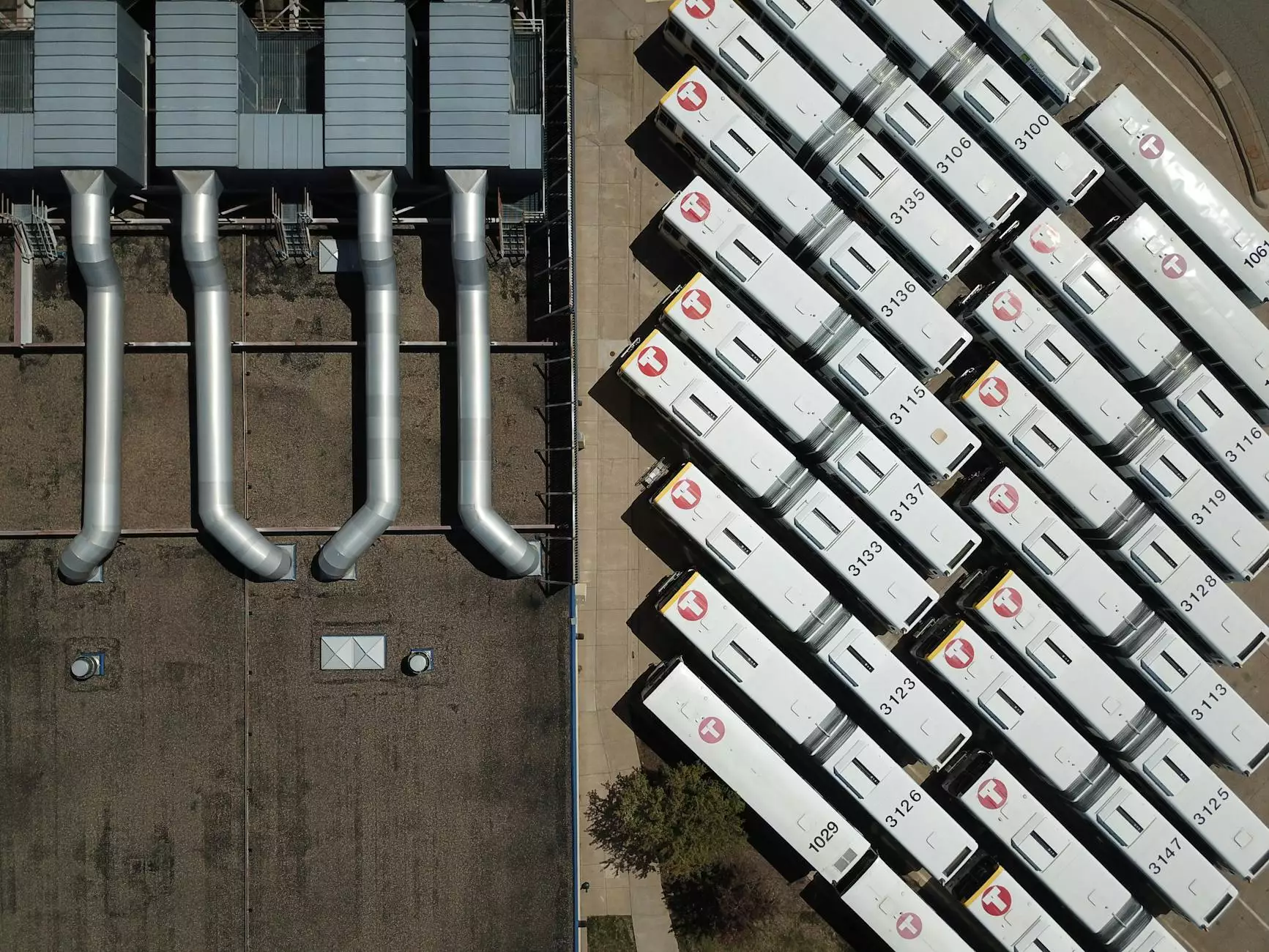The Impact of Prop Firm Technology on Modern Trading

In the fast-paced and ever-evolving world of finance, the role of technology cannot be overstated. One of the most critical advancements in this domain is the emergence of prop firm technology, which has transformed proprietary trading firms into powerhouses of market analysis, execution, and risk management. This article delves into the remarkable influence of this technology on trading strategies and its broader implications for the financial services industry.
Understanding Proprietary Trading Firms
Proprietary trading firms, or prop firms, are companies that engage in trading financial instruments using their own capital rather than managing client funds. This model allows these firms to reap the benefits of market fluctuations directly. They utilize advanced technologies to gain a competitive edge, carefully selecting and executing trades based on in-depth analysis and proprietary algorithms.
The Significance of Technology in Trading
In traditional trading environments, executing trades and conducting analyses were labor-intensive processes. However, the advent of prop firm technology has streamlined these activities significantly, leading to:
- Increased Efficiency: Automated trading systems drastically reduce the time it takes to execute trades. Algorithms can analyze vast amounts of data in milliseconds, making decisions far quicker than any human trader.
- Enhanced Data Analysis: Prop firms use sophisticated analytical tools that can process complex data sets to identify patterns and predict market movements accurately.
- Improved Risk Management: With advanced algorithms, firms can implement rigorous risk management practices to minimize losses and maximize profitability.
Core Components of Prop Firm Technology
The technological framework prop firms use encompasses several key components:
1. Algorithmic Trading
Algorithmic trading is central to prop firm technology. By employing complex mathematical models, prop firms can automate their trading processes. This technology enables firms to capitalize on short-lived market opportunities, ensuring they are always one step ahead of the competition.
2. High-Frequency Trading (HFT)
High-frequency trading (HFT) is a subset of algorithmic trading that enables traders to execute thousands of orders in fractions of a second. This technology is pivotal for proprietary trading firms, allowing them to profit from minimal price discrepancies that may last only for seconds.
3. Advanced Risk Management Systems
Effective risk management is crucial for the success of any trading strategy. Prop firms leverage sophisticated risk management systems that assess market exposure in real time. These systems allow firms to set strict limits on risk, adjusting continuously based on market conditions.
4. Data Analytics Platforms
The ability to analyze market trends and historical data is at the heart of successful trading strategies. Prop firms utilize advanced data analytics platforms that combine quantitative analysis with qualitative insights. This blend equips traders with the information necessary to make informed decisions.
Benefits of Prop Firm Technology
The utilization of prop firm technology brings substantial benefits to trading firms:
- Speed: Automation and algorithmic trading allow for faster execution of trades, essential in today’s high-speed markets.
- Precision: Technologies minimize human error and ensure more accurate timing of trades and strategies.
- Scalability: The capability to process and analyze vast amounts of data enables firms to scale their operations without proportionately increasing costs or risks.
- Real-Time Decision Making: Advanced tools facilitate real-time decision-making, allowing traders to react swiftly to market changes.
Challenges in Implementing Prop Firm Technology
Despite the numerous advantages, integrating prop firm technology poses challenges that firms must navigate:
1. High Initial Investment
The infrastructure required for advanced trading systems often necessitates significant upfront investments. This initial cost can be a barrier, particularly for younger firms.
2. Data Management Issues
As firms engage with more data, efficiently managing and securing this information becomes paramount. Inadequate data management can lead to vulnerabilities and significant losses.
3. Regulatory Compliance
The financial industry is heavily regulated. Prop firms must ensure that their technology and trading practices comply with all relevant regulations, which can be resource-intensive a task.
Future Trends in Prop Firm Technology
The landscape of prop firm technology continues to evolve, with several emerging trends shaping its future:
1. Machine Learning and AI
Artificial intelligence (AI) and machine learning are becoming increasingly prevalent in trading strategies. By employing machine learning algorithms, prop firms can improve their predictive capabilities and adapt to market dynamics more effectively.
2. Blockchain Technology
Blockchain offers the potential for enhanced security and transparency in trading. Its decentralized nature could revolutionize how transactions are recorded and verified in proprietary trading environments.
3. Enhanced Cybersecurity Measures
As trading technology becomes more sophisticated, so do the methods employed by cybercriminals. Prop firms must invest in cybersecurity measures to protect their assets and data integrity.
Conclusion
In conclusion, prop firm technology stands as a cornerstone of modern trading within proprietary firms. Its multifaceted benefits—from enhanced efficiency to improved risk management—illustrate its essential role in shaping the future of financial markets. While firms face various challenges in integrating these technologies, the proactive adaptation to trends such as machine learning and blockchain will likely dictate their success in an increasingly competitive landscape. Investing in technology is no longer optional but a necessity for survival and growth in the fast-evolving world of proprietary trading.









